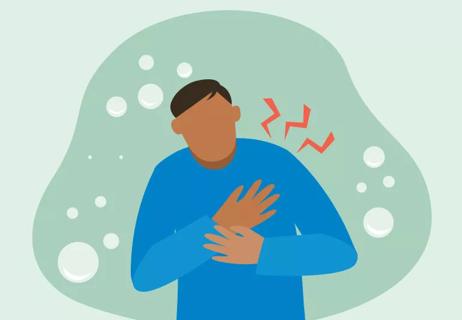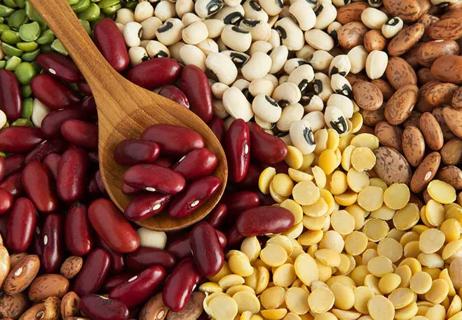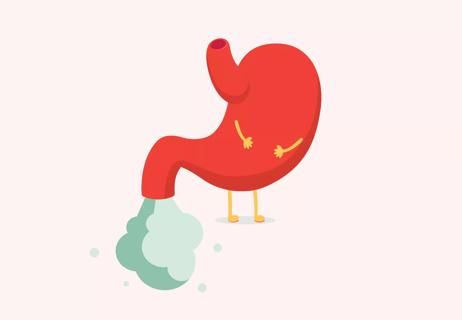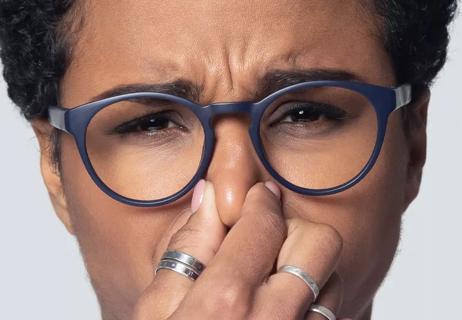
You’re in the middle of a dinner with friends, when all suddenly, you get the urge to burp. You quickly grab your napkin and try to discreetly cover up it up.
Advertisement
Cleveland Clinic is a non-profit academic medical center. Advertising on our site helps support our mission. We do not endorse non-Cleveland Clinic products or services. Policy
While it can be embarrassing, it happens to all of us. And whether you call it a burp or a belch, it’s a normal bodily function.
“Burping is your body’s way of expelling excess gas from your stomach,” says gastroenterologist Alison Schneider, MD.
Dr. Schneider explains what causes us to burp, how we can avoid it and when we should seek help for excessive burping.
“When we swallow food or drinks, it goes through a tube called the esophagus and into the stomach,” explains Dr. Schneider. “It’s there that stomach acid and digestive enzymes work to break food down into nutrients that we use for energy. Gas is created in this process.”
We can also swallow air along with food or drinks. Those gases can come back up through your esophagus. Burping is a way for our body to release the excess gas.
“Carbonated beverages are most commonly associated with swallowing air and are the most common reason people burp,” says Dr. Schneider. “Most of the time, that air actually stays trapped in the esophagus until it comes back up.”
If you have heartburn you may also experience burping.
“Heartburn is the condition when acid flows backward from your stomach into the esophagus, a muscular tube that connects the mouth to the stomach,” further explains Dr. Schneider. “This is also known as acid reflux or gastroesophageal reflux disease (GERD). During these events, it is possible to experience burping or belching.”
Advertisement
Even though it may seem gross, burping is a normal bodily function.
“Burping as many as four times after a meal is considered normal,” says Dr. Schneider.
If you’re burping a lot, your diet may be to blame.
“You’re more likely to swallow air and burp if you eat too quickly, drink carbonated beverages, chew gum, suck on hard candies, drink through a straw or have dentures that do not fit well,” she adds. “There are also foods that can be associated with excess burping and belching and people may find that they have specific foods that are more likely to cause these symptoms.”
Here are a few tips to avoid burping:
While burping is a normal function, it can be associated with certain conditions like:
For any of the above, it’s important to speak to your healthcare provider about your symptoms and determine if additional evaluation or treatment is needed.
“If burping or belching too much is interfering with your daily life or if pain or other symptoms accompany this symptom, this may indicate another underlying illness requiring treatment,” warns Dr. Schneider.
Advertisement
Learn more about our editorial process.
Advertisement

Frequent burping can be many things — but likely not cancer

What, when and how much you eat are just a few factors that can impact nighttime gas levels

When it can’t pass down south, gas can definitely travel — and get trapped — up north

Fiber gets credit, but don’t let the byproduct keep you from enjoying beans

Excessive flatulence could indicate a digestive issue

Certain foods, medications or even illness could be behind the stink

The caffeine and natural acids in coffee may trigger acid reflux, but there are ways to lessen the effects

Wait a few hours, then start with water or ice chips, graduating to clear liquids and then, soft, bland foods

The tropical fruit is a good source of antioxidants and vitamin C

Most people fall asleep within 10 to 20 minutes, but if your experience is different, adjusting your sleep schedule may help

Exploring your hidden side can lead to better understanding of what makes you tick